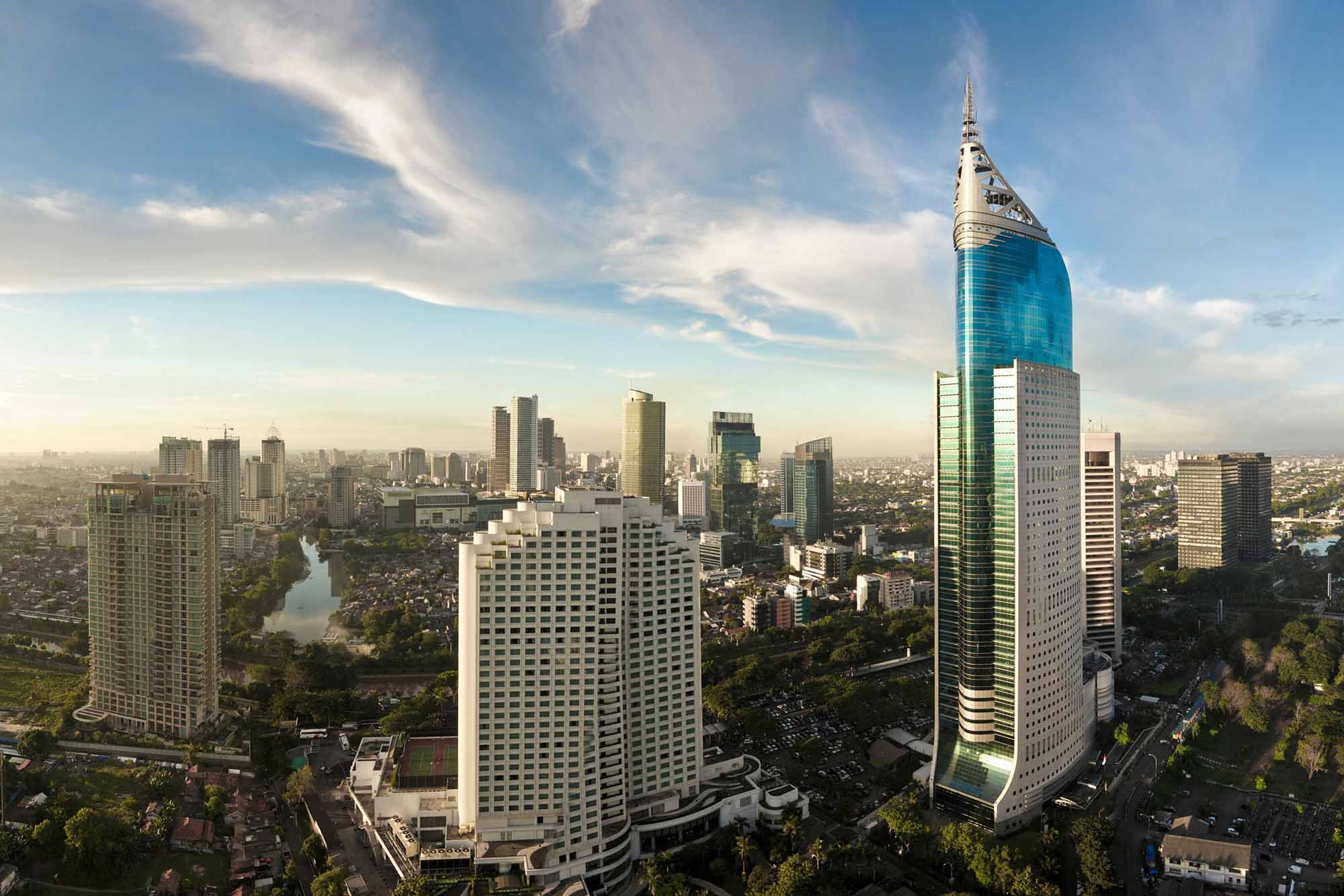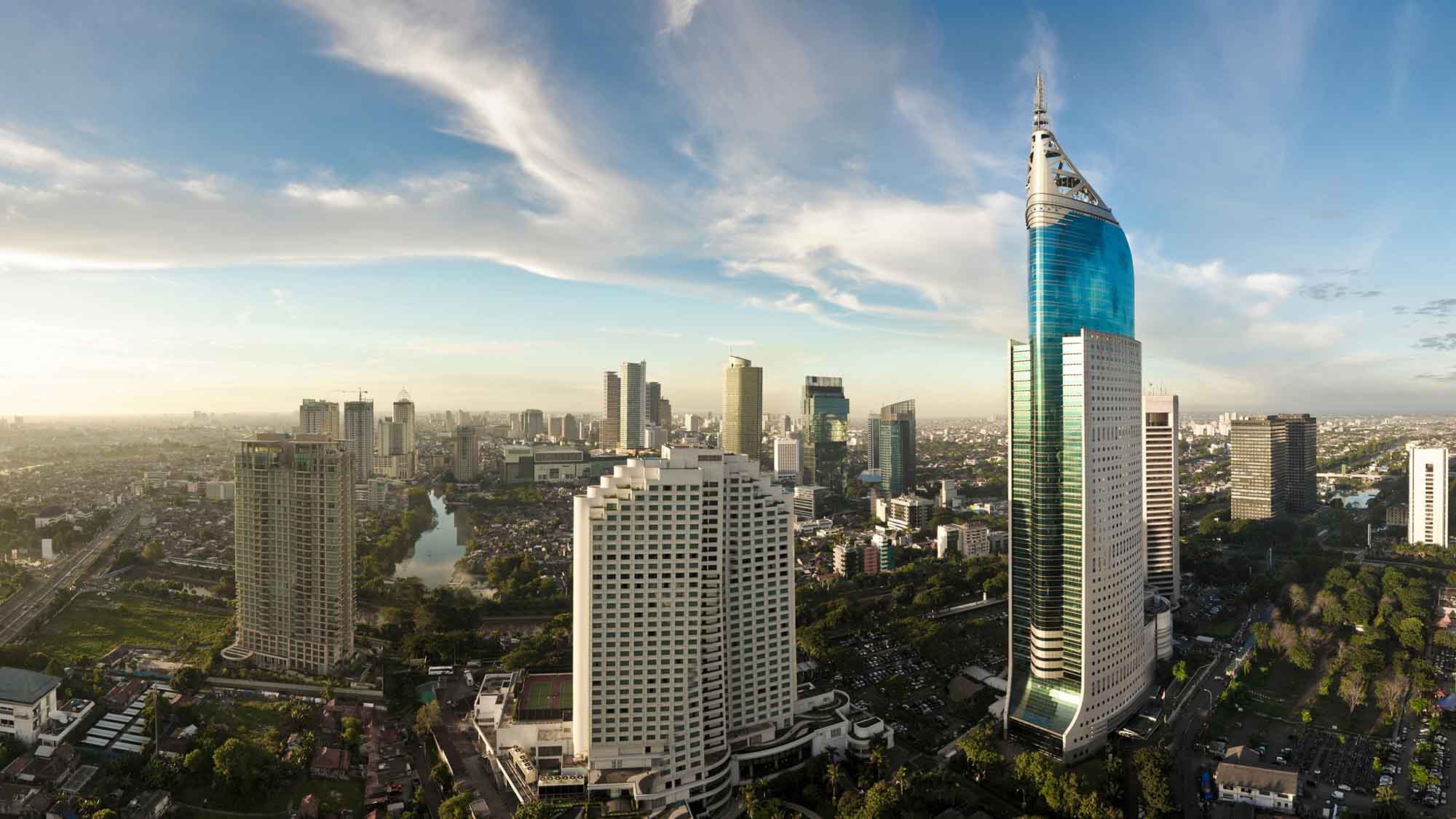Indonesia


Indonesia’s economic growth is expected to rebound in a more meaningful way in 2021 after a relatively mild contraction in 2020. This is in part due to expansionary fiscal policy that is expected to continue for the foreseeable future.
An optimistic outlook for 2021 following supportive fiscal stimulus
Indonesia’s economic growth is expected to rebound in a more meaningful way in 2021 after a relatively mild contraction in 2020. This is in part due to expansionary fiscal policy that is expected to continue for the foreseeable future.
After an economic contraction of -1.5% in 2020, the country’s first since the Asian Financial Crisis, we are cautiously optimistic for growth of 4.3% in 2021. This recovery will be based on businesses and individuals adapting better to COVID-19, plus expectations of a vaccine next year. Greater mobility also has the potential to boost non-essential consumption, such as restaurant dining, clothing and apparel and entertainment, amid pent-up demand largely supported by Indonesia’s young and increasingly middle-income population.
With continued expansionary fiscal policy in 2021, based on a government target of 5.7% of GDP, the key focus will be towards spending on infrastructure and social safety aid. As of 2019, around 90 out of 245 National Strategic Projects (NSP) had been completed, with the remainder expected in 2021 (Figure R4); after being deferred in 2020 due to COVID-19. The prospect for the pace of economic activity to increase should also lead to higher employment and a general positive outlook for the economy going forward.
Equities
The Jakarta Composite Index is expected to grow by 8.0% to 9.0% in 2021, in line with expectations of a COVID-19 vaccine to restore mobility. We favour Financials, Consumer Goods and Infrastructure in 2021 – the first two being defensive sectors with resilient characteristics, while the latter should prosper from the government refocusing on development after forced delays in 2020.
Fixed Income
The combination of negative global yields and low inflation will likely result in yields on domestic government bonds drifting lower. Bank Indonesia (BI) is also projected to slash the benchmark rate a further 25 basis points in 1Q 2021, bringing the seven-day reverse repo rate down to 3.5% by Q1 2021.
Currency
After remaining subdued, we expect the Indonesian Rupiah (IDR) to weaken to 14,300 against the USD by Q1 2021 and 14,400 by Q3 2021, even as low rates might induce capital inflows in conjunction with economic recovery.
Figure R4. Continued government spending on infrastructure will increase the pace of economic activity in 2021.
National Strategic Projects Will Continue In 2021
Tap on the pins for project funding at local level
Close Pin
National-Level Projects
12 Projects - Rp 264 Trillion
2 Programs - Rp 1056 Trillion
Sumatera
61 Projects - Rp 638 Trillion
Jawa
93 Projects - Rp 1065 Trillion
Kalimantan
24 Projects - Rp 564 Trillion
Bali & Nusa Tenggara
15 Projects - Rp 11 Trillion
Sulawesi
27 Projects - Rp 155 Trillion
Source: The Committee for Acceleration of Priority Infrastructure Delivery (KPPIP), UOB Global Economics & Markets Research



 Back to Home
Back to Home









 Back to Home
Back to Home